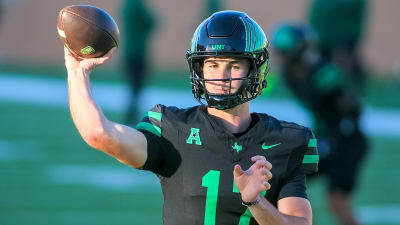x

Shutterstock
20 simple ways to spot an American in a foreign country
Americans are notoriously easy to spot in other countries. And before you insist that you’re not that loud, don’t wear socks with sandals, nor do you ever say “y’all," let me tell you there are numerous other ways people can tell you hail from the USA. Here are 20 things Americans do abroad that make us stick out almost as obviously as wearing red, white, and blue on the plane.
More must-reads:
- Report gives clarity on if Panthers are ready to commit to Bryce Young
- Ole Miss likely to lose five assistant coaches for CFP semifinal
- The 'Heisman Trophy winners since 2000' quiz
Breaking News
Trending News
Customize Your Newsletter
 +
+
Get the latest news and rumors, customized to your favorite sports and teams. Emailed daily. Always free!




























